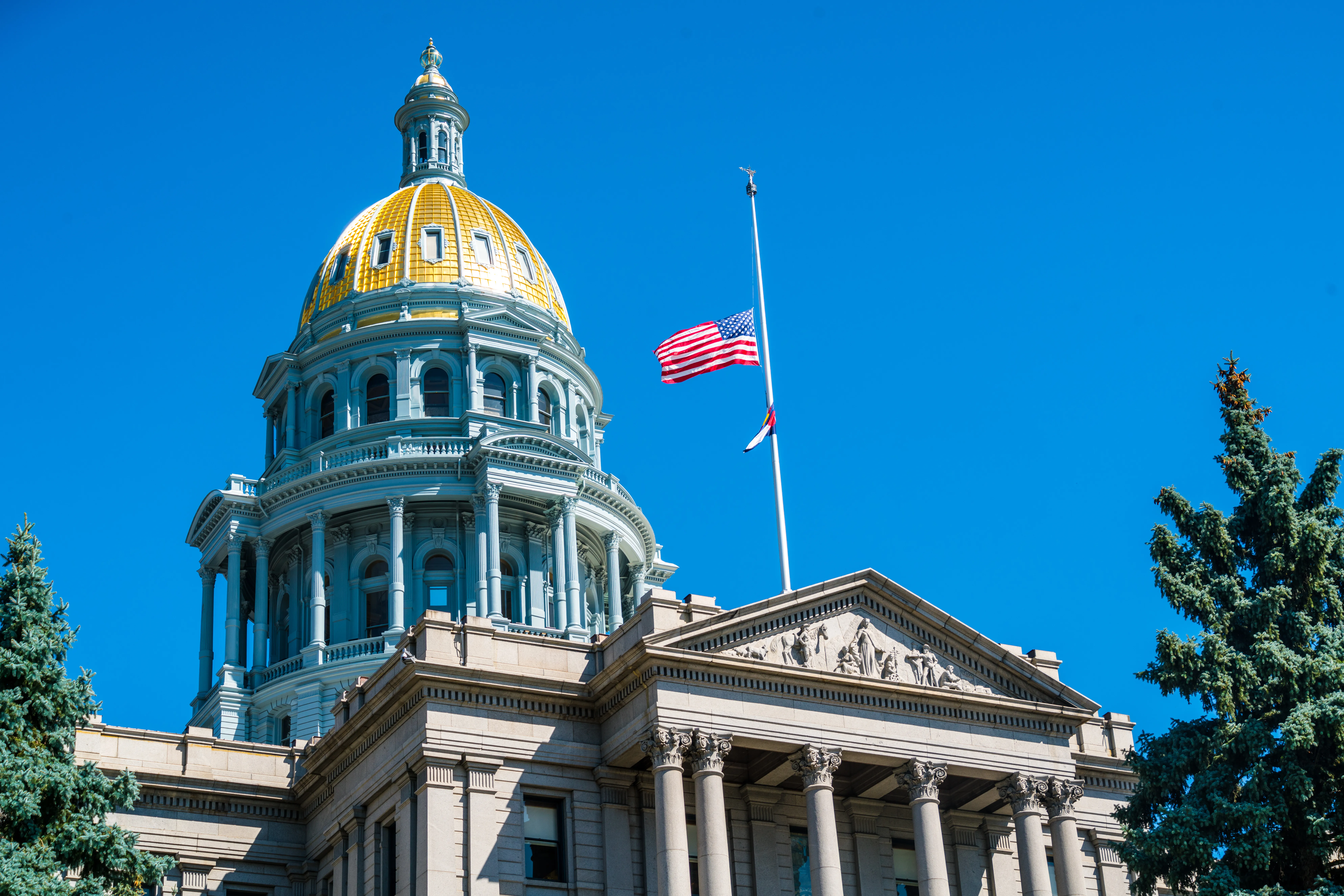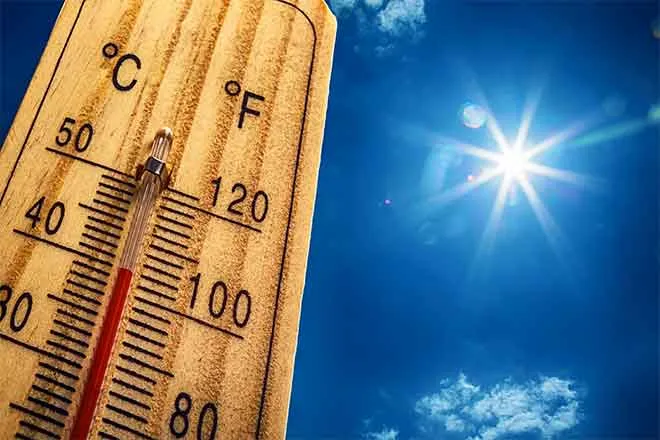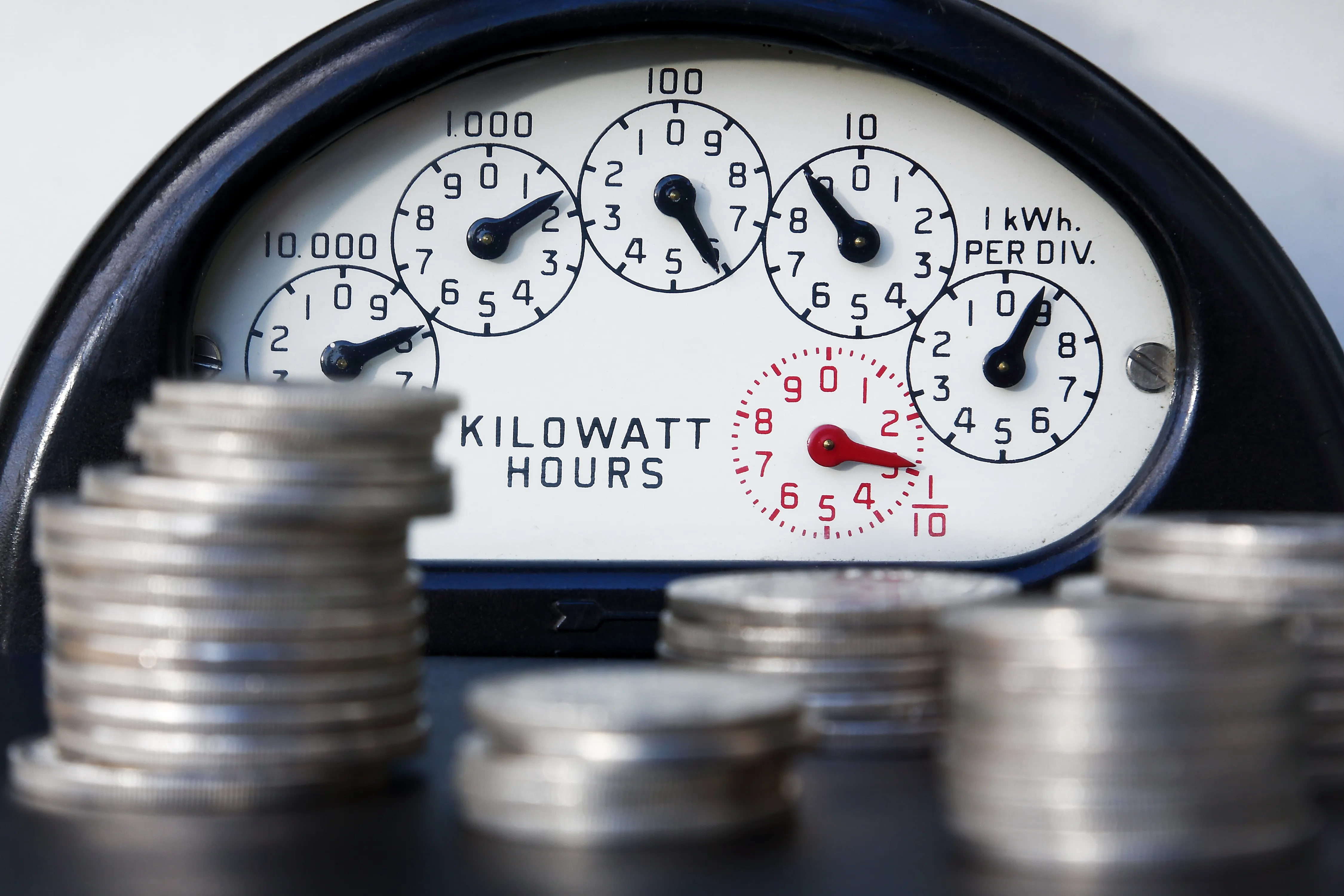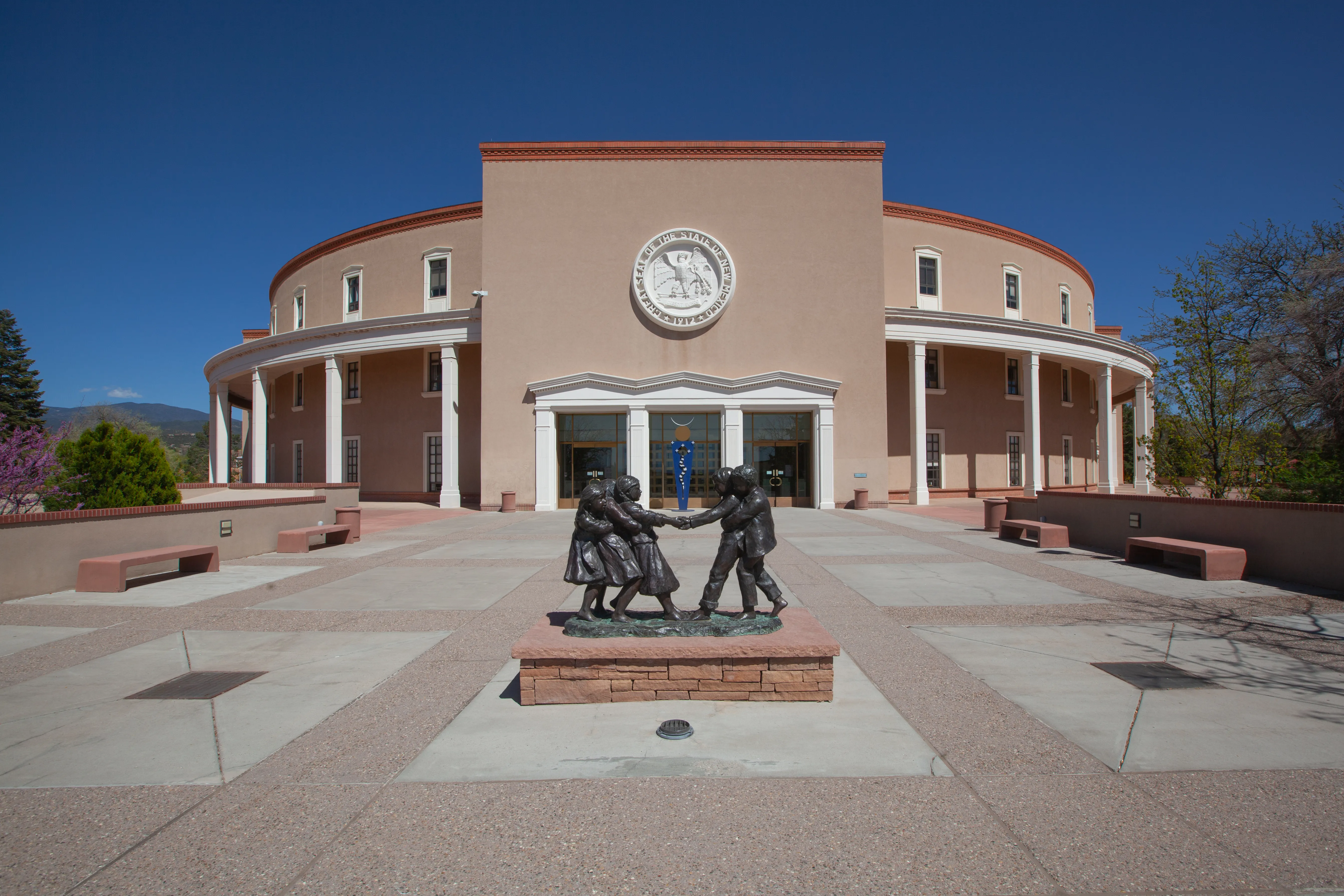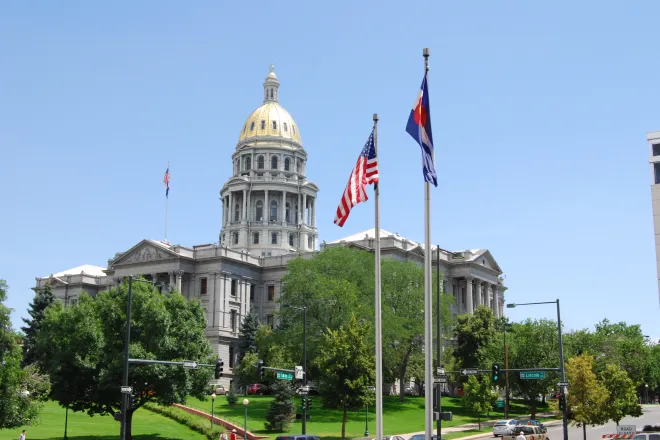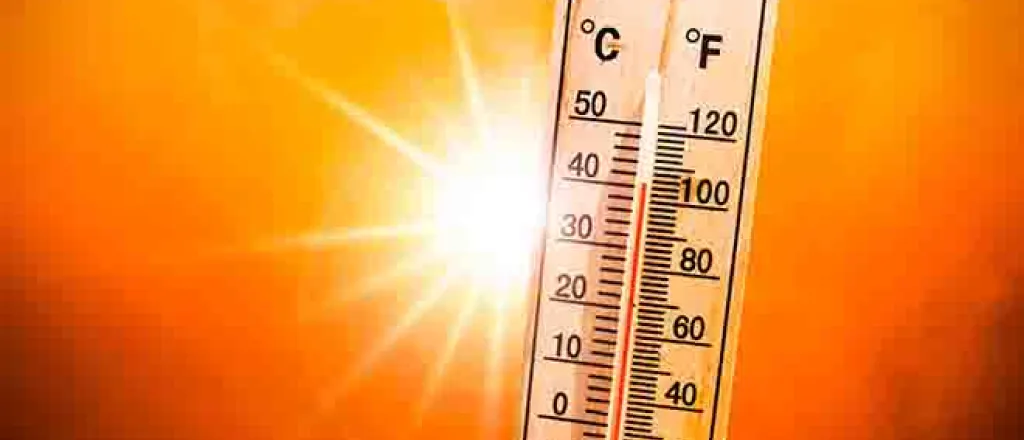
Texas bill banning heat-related worker breaks could be overridden
(Texas News Service) Scorching temperatures are not letting up across much of the Southwest, including Texas, just as the issue of how to protect outdoor workers heats up in Washington.
Last week, 112 members of Congress wrote to the Occupational Safety and Health Administration to urge the agency to implement a federal workplace heat standard.
Juley Fulcher, worker health and safety advocate for the nonprofit consumer rights advocacy group Public Citizen, said OSHA needs to enact both an interim and permanent rule as deadly heat waves spread because of climate change.
"OSHA is currently working on developing a workplace heat standard," Fulcher acknowledged. "However, on average it takes OSHA about seven to eight years to do a rule from beginning to end. They're working on it, they're chugging along, but we are at least a couple years out from getting a rule."
Opponents said federal rules would be too costly for the agricultural industry. The proposed legislation would establish a federal standard on access to shade, water and paid breaks, and implement a program to improve extreme heat preparedness, planning and response.
Fulcher pointed out workers in Texas have fewer workplace protections than in many other states, soon to be made worse after lawmakers passed and the governor signed a bill overriding local ordinances requiring 10-minute breaks every four hours for those working outdoors.
Unless there's a federal policy, the Texas law goes into effect September 1.
"The idea of a state not moving forward to protect their workers is bad enough," Fulcher asserted. "But when the actions are to literally reverse protections that already existed in some parts of the state, it's outrageous."
Rep. Greg Casar, D-Texas, held an eight-hour thirst strike last week on the steps of the U.S. Capitol to raise awareness about worker conditions during heat waves.


